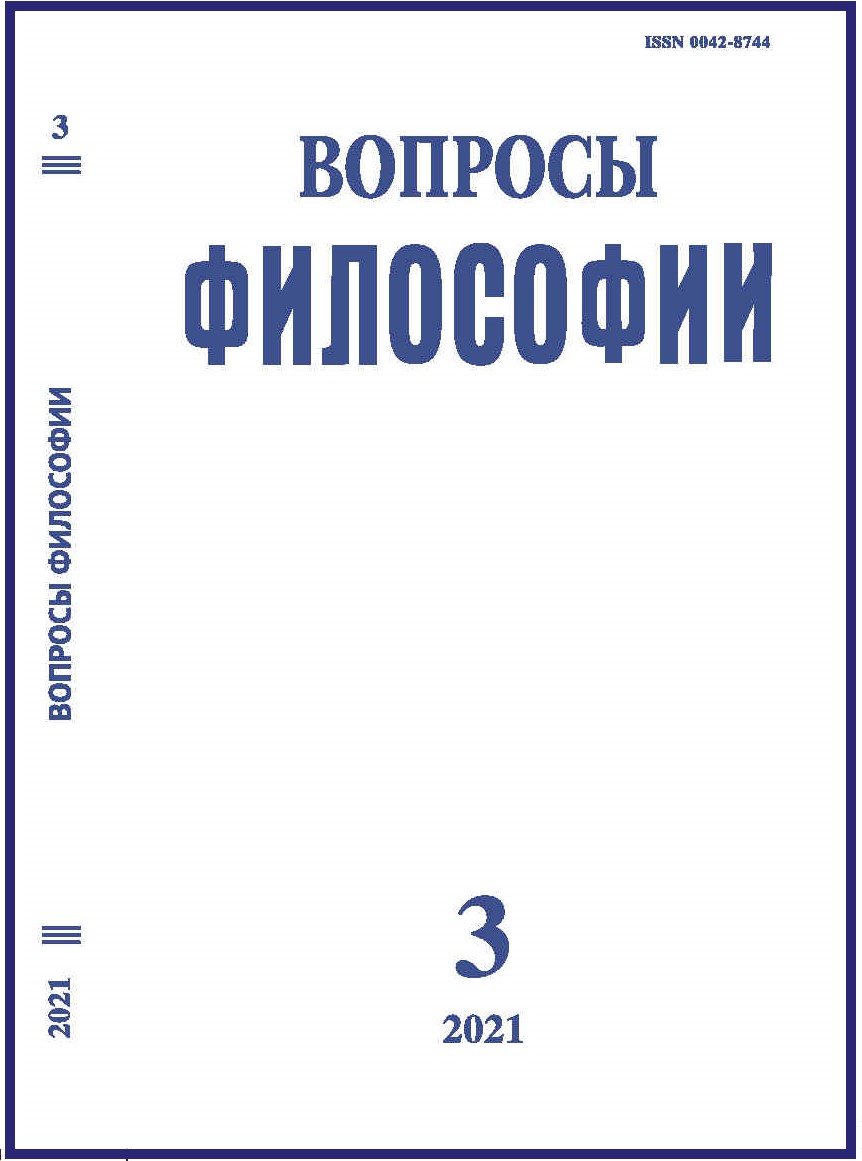Theology as an Icon: Phenomenological Interpretation of the Greak Fathers by Jean-Luc Marion
DOI:
https://doi.org/10.21146/0042-8744-2021-3-89-100Keywords:
Jean-Luc Marion, Dionysius the Areopagite, phenomenalisation, icon, idol, saturated phenomenonAbstract
The paper analysesinterpretations of the Church Fathers by Jean-Luc Marion, a leading figure of the French Phenomenology. For Marion, the theological discourse should function as an icon: the task of theology is to make God manifest as invisible and inaccessible. According to Marion, Areopagite’s theology is not, properly speaking, “apophatic” or “negative”, because the aim of the theological discourse is not to produce either positive or negative statements concerning God; indeed, such a discourse would remain a captive of onto-theology and would function as an idol. Areopagite does not only name God, he praises divine names in prayer. This allows Marion to interpret Areopagite's theology as a performative speech act where praise acts by transforming the speaker. This performativity, which is proper to the theological discourse, is inseparable from a particular kind of phenomenalisation of God, although the mode of this phenomenalisation differs from that of the apophantic discourse. Divine names do not describe God, but praise Him as the Requisite, making the speaker the one who requires. In later works, Marion interprets divine names as “saturated phenomena”. The theologian cannot be described as an agent of phenomenalisation of the Revelation, even though he remains a receiver and a medium of this phenomenalisation, thus acquiring the status of its witness, the status of a “gifted one” (l’adonné): receiving his very self from what is made manifest in this phenomenalisation. The divine name appeals to the speaker, who makes this calling manifest in his naming reply. The Revelation is revealed to the theologian, and hereby the Revelation reveals the theologian himself.

